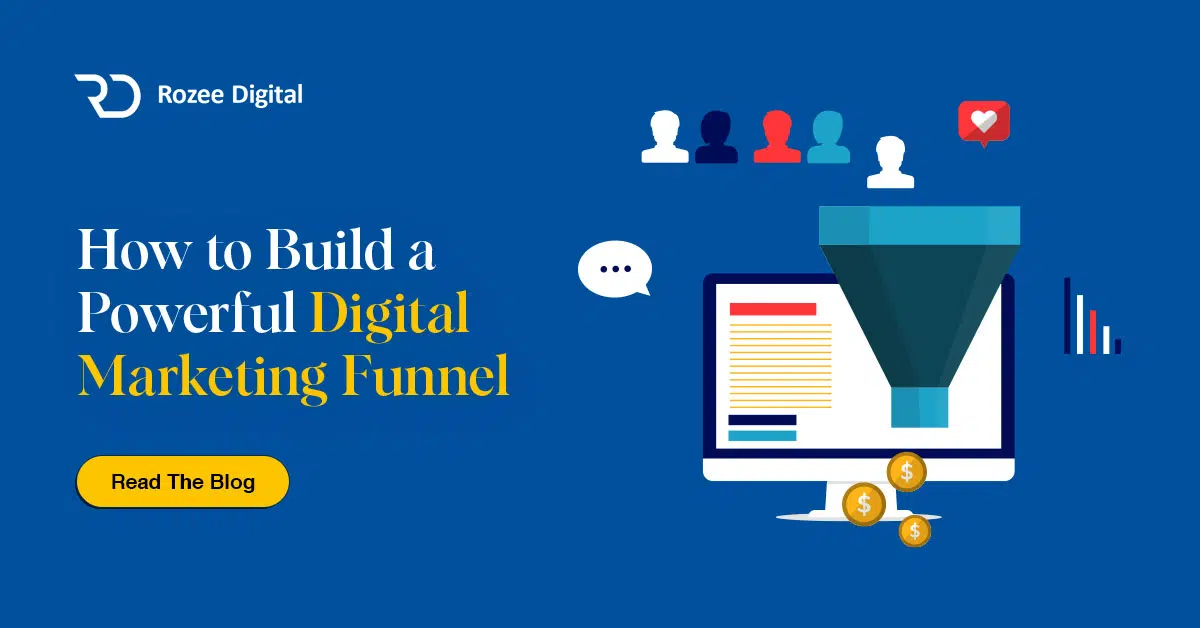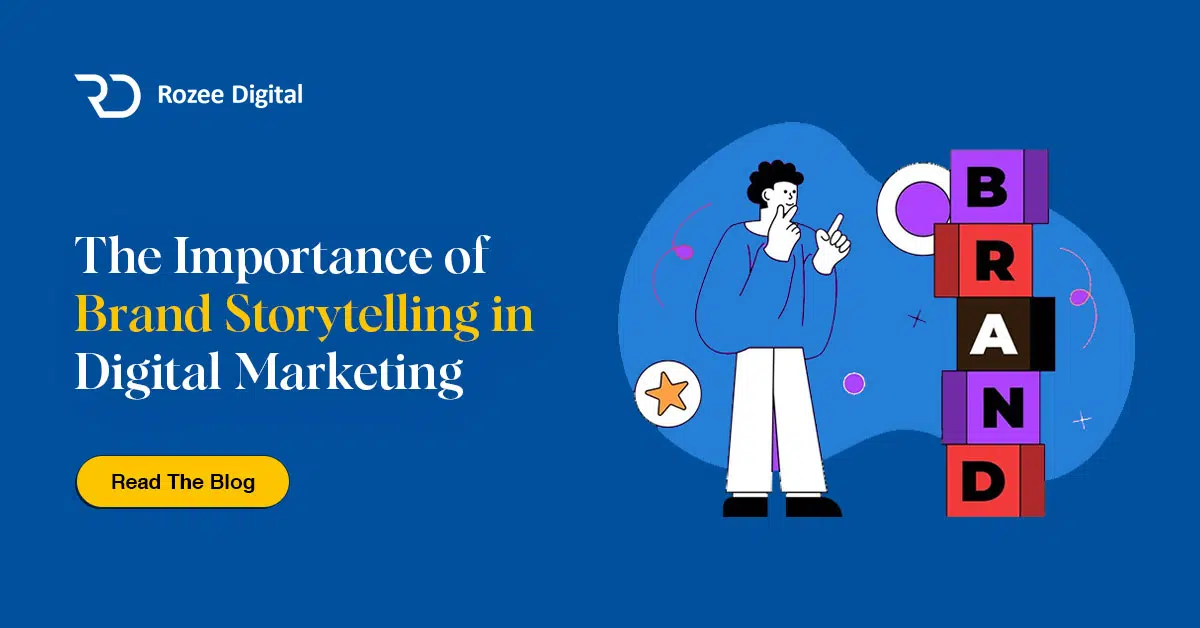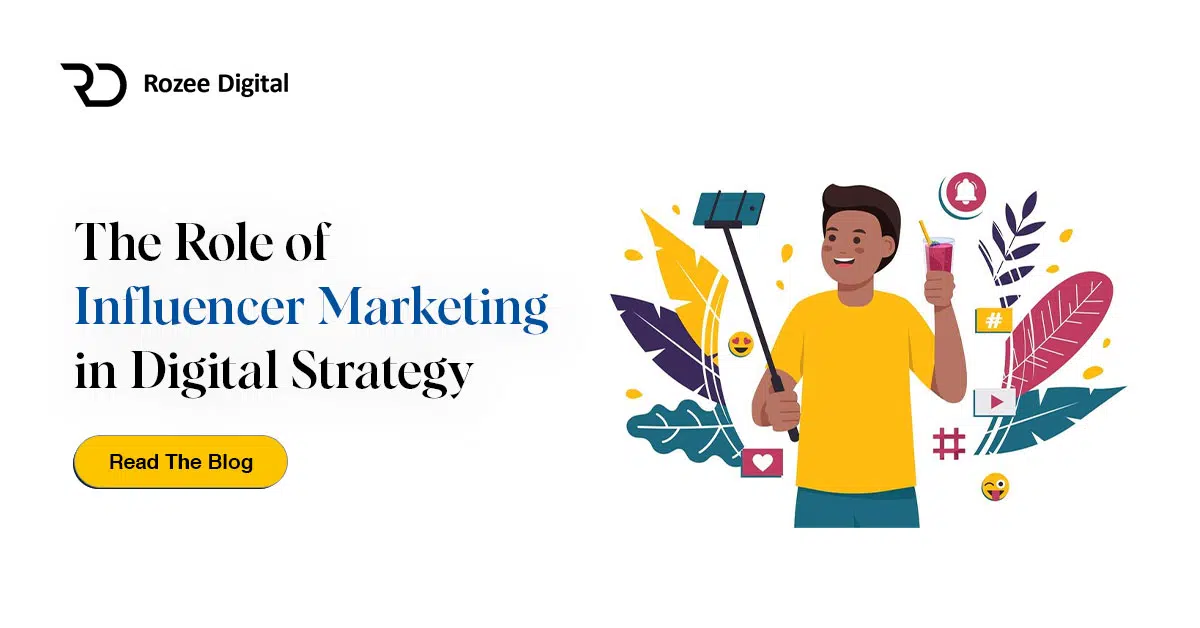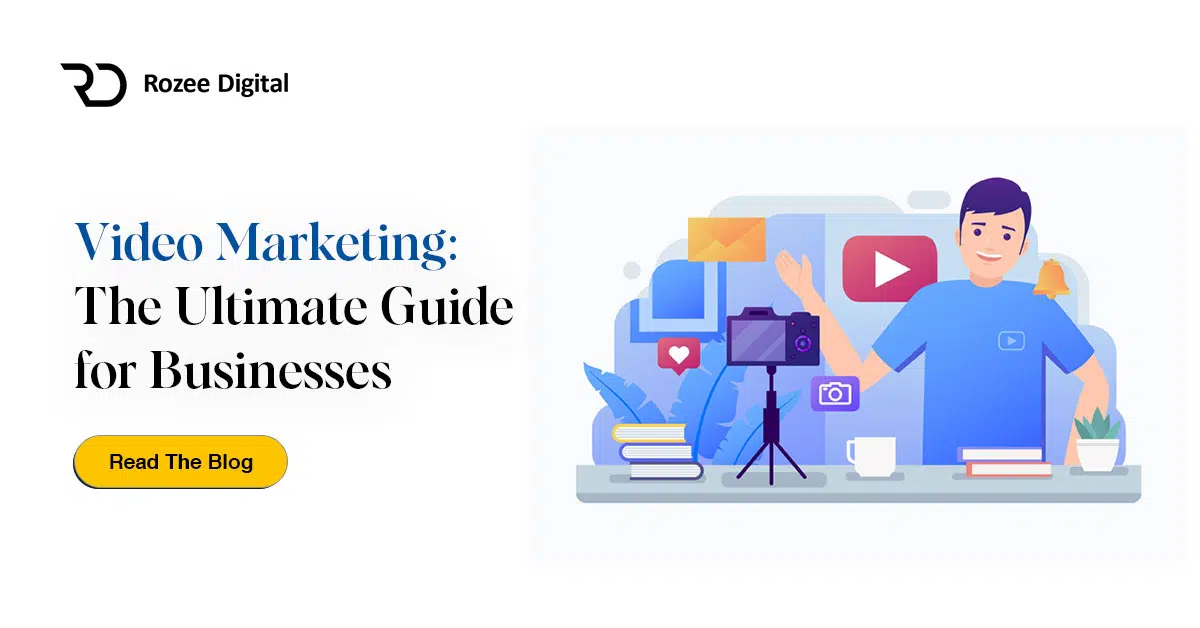In the ever-evolving world of e-commerce, businesses must adapt and innovate in order to stay competitive and visible to their target audience. One crucial aspect of that is finding effective strategies for marketing and driving sales. An E-commerce Marketing Agency specializes in just that – helping businesses succeed online by crafting comprehensive marketing strategies tailored to their unique goals and audience.
These agencies are well-versed in various aspects of digital marketing, including search engine optimization (SEO), pay-per-click advertising (PPC), content marketing, email marketing, and social media management. By leveraging their expertise, they develop customized marketing plans in order to increase website traffic, conversions, and ultimately, revenue for the business.
In today’s dynamic online ecosystem, partnering with an E-commerce Marketing Agency offers businesses of all sizes a way to optimize their marketing efforts with the latest tools, trends, and research-backed strategies. Utilizing these services enables businesses to focus on their core offerings while leaving the complexities of marketing to the experts.
Understanding Ecommerce Marketing Agency
The Role of an Agency
An Ecommerce Marketing Agency plays a crucial role in helping businesses leverage digital channels to grow their online presence and sales. They design and implement strategic marketing campaigns tailored to a business’s specific needs. These agencies have expertise in search engine optimization (SEO), pay-per-click (PPC) advertising, social media marketing, email marketing, and more.
Ecommerce agencies work closely with their clients to set SMART goals and establish key performance indicators (KPIs). They use data-driven insights to optimize marketing campaigns, ensuring the highest return on investment (ROI) for the business.
Why Use an Ecommerce Marketing Agency?
Partnering with an Ecommerce Marketing Agency provides numerous benefits to businesses looking to expand their online reach and increase revenue:
- Expertise: Agencies have a team of highly skilled professionals with experience in various aspects of digital marketing, ensuring that the latest techniques and best practices are used to drive results.
- Scalability: An agency can scale its services according to a business’s needs, allowing for flexibility and adaptability as the business grows.
- Time Savings: Outsourcing marketing efforts to an agency frees up time for businesses to focus on their core competencies and other aspects of their operations.
Value of An Ecommerce Agency
An Ecommerce Agency adds value to a business through various avenues:
- Increased Sales: Effective marketing campaigns lead to increased website traffic, conversions, and ultimately sales.
- Brand Awareness: A well-designed marketing strategy helps to create and maintain brand recognition among customers.
- Customer Retention: Agencies can help businesses retain existing customers through targeted email marketing campaigns and personalized content strategies.
- Competitive Advantage: Partnering with an experienced agency can give a business an edge over competitors by staying up-to-date with the latest trends and marketing strategies.
Working with an Ecommerce Marketing Agency is a smart investment for businesses that want to grow their online presence, efficiently manage marketing efforts, and stay ahead of the competition.
Services Provided by Ecommerce Marketing Agencies
Ecommerce marketing agencies offer a variety of services to help businesses improve their online presence, drive traffic, and increase sales. These services include Ecommerce SEO services, email marketing services, influencer marketing services, paid social media services, and Amazon marketing services.
Ecommerce SEO Services
Ecommerce SEO services focus on optimizing a business’s online store and website to rank higher in search engine results. This includes keyword research, on-page optimization, technical SEO, site structure improvements, and content optimization. These services help businesses attract more organic traffic, which can lead to increased sales and revenue.
Email Marketing Services
Email marketing services help businesses build and maintain relationships with their customers by creating targeted email campaigns. These campaigns may include promotional offers, product launches, and informative content. Ecommerce marketing agencies design, develop, and manage email marketing campaigns, test their effectiveness, and optimize them for optimal performance.
Influencer Marketing Services
Influencer marketing services connect businesses with prominent social media personalities who can promote products or services to their followers. Ecommerce marketing agencies identify relevant influencers, coordinate collaborations, and develop influencer marketing campaigns that generate interest and drive sales.
Paid Social Media Services
Paid social media services involve managing advertising campaigns on platforms like Facebook, Instagram, LinkedIn, and Pinterest. Ecommerce marketing agencies develop and optimize advertising campaigns, create engaging ad visuals, and target the right audiences to drive traffic and conversions.
Amazon Marketing Services
Amazon marketing services focus on helping businesses improve their presence on the Amazon marketplace and increase sales. This includes optimizing product listings, managing sponsored product ads, and utilizing Amazon’s advertising tools for higher visibility and sales. Ecommerce marketing agencies offer expertise and strategy development for businesses looking to succeed on Amazon.
By offering these services, ecommerce marketing agencies support businesses in reaching their target audience and achieving their online goals. They provide a comprehensive approach to help businesses establish their presence on various digital platforms and ensure optimal performance at every level.
Building a Successful Ecommerce Marketing Strategy
Identifying Target Audience
To build a successful ecommerce marketing strategy, the first step is to identify the target audience. Understanding who the customers are and what they need is crucial for crafting a tailored marketing message. By conducting market research and analyzing customer data, ecommerce businesses can gain a better understanding of their audience’s demographics, preferences, and buying behaviors, which allows them to make more informed marketing decisions.
Creating Marketing Campaigns
Once the target audience is identified, creating effective marketing campaigns becomes the next priority. These campaigns can include promotional offers, email marketing, content marketing, and more. The key to a successful campaign is to align the messaging with the needs and preferences of the target audience, ensuring that the content is relevant, engaging, enjoyable, and persuasive. A diverse mix of marketing campaigns should be employed to reach customers at various stages of their buying journey.
Optimizing Conversion Rate
An important aspect of any ecommerce marketing strategy is optimizing the conversion rate. This refers to the percentage of visitors who complete a desired action, such as making a purchase or signing up for a newsletter. To optimize the conversion rate, businesses must improve their website’s design, navigation, and user experience, making it easy for potential customers to find and purchase their products or services. A/B testing can be used to compare different versions of web elements and determine which versions perform better with the target audience.
| Tips for Optimizing Conversion Rate |
| – Improve website speed |
| – Use high-quality images and videos |
| – Offer a variety of payment options |
Leveraging Social Media Marketing
Social media marketing plays a significant role in a successful ecommerce marketing strategy. By harnessing the power of various social media platforms (such as Facebook, Instagram, Twitter, and Pinterest), ecommerce businesses can engage with their target audience, increase brand awareness, and drive sales. Posting regular content relevant to the audience’s interests and engaging with followers through comments, polls, and direct messages can foster strong relationships with potential customers. Additionally, utilizing shoppable posts and influencer partnerships can further boost sales and attract new customers.
Implementing SEO Best Practices
Search engine optimization (SEO) is crucial for increasing an ecommerce website’s visibility in search engine results. Implementing SEO best practices involves optimizing the website’s content, structure, and user experience to meet search engine guidelines and rank higher in organic search results. This includes:
- Conducting keyword research: using relevant keywords in titles, headlines, and product descriptions
- Creating high-quality, engaging content that resonates with the target audience
- Optimizing the website’s structure through proper use of header tags, meta descriptions, and internal linking
- Ensuring a mobile-friendly web design to provide a seamless experience for users on any device
By integrating these strategies into an ecommerce marketing plan, businesses can increase their reach, traffic, and conversions, ultimately leading to greater success in the online marketplace.
Choosing the Right Ecommerce Marketing Agency
Evaluating Design and Creative Services
When selecting an ecommerce marketing agency, it’s essential to evaluate their design and creative services. A strong agency will have a team of design and creative experts who can develop visually appealing, functional, and user-friendly websites. Look for an agency that offers a range of design services, such as:
- Web design and development
- Graphic design
- Branding and logo design
- User experience (UX) design
This variety of services will allow the agency to tailor its approach to your specific needs.
Reviewing Case Studies and Portfolio
A potential agency should have a strong portfolio of past work, which demonstrates its capability to produce quality results. Be sure to review case studies and ask for references before making a decision. Check if the agency has experience working with businesses of different sizes and industries, and whether they have produced successful outcomes relevant to your ecommerce goals.
Checking Agency’s Expertise in Ecommerce
It’s crucial to select an agency with expertise in ecommerce marketing. This can include various strategies and techniques, such as:
- Search engine optimization (SEO)
- Pay-per-click (PPC) advertising
- Email marketing
- Social media marketing
- Content marketing
- Conversion rate optimization (CRO)
An experienced ecommerce marketing agency will have experts in these areas who can create comprehensive marketing plans to help your business grow.
By taking the time to evaluate design and creative services, review case studies and portfolios, and check the agency’s expertise in ecommerce marketing, you will be able to find the right ecommerce marketing agency for your unique business needs.
Achieving Business Growth with Ecommerce Marketing
Boosting Sales and Revenue
Ecommerce marketing agencies play a crucial role in boosting sales and revenue for businesses. They help create and execute comprehensive marketing strategies tailored to a company’s specific needs, targeting the right audience, and driving customer engagement. By leveraging various channels such as social media, email, content, and paid advertising, agencies ensure consistent growth in sales and revenue.
To make the strategies more effective, ecommerce marketing agencies often utilize advanced tools and technologies, such as marketing automation, AI, and data analytics. These resources enable them to optimize marketing budgets, identify growth opportunities, and deliver targeted messaging that resonates with potential customers.
Increasing Customer Base
Growing a customer base is vital for any ecommerce business. Ecommerce marketing agencies have the know-how and experience to help attract new customers, retain existing ones, and maximize their lifetime value. They focus on creating personalized experiences, tailored offers, and engaging content to foster lasting relationships with customers.
Ecommerce marketing agencies also use data-driven strategies such as customer segmentation and analyzing buyer behaviors, which significantly improve the effectiveness of marketing campaigns. By targeting specific customer groups, businesses can attract new customers while maintaining customer satisfaction levels and reducing churn rates.
Expanding Ecommerce Market Presence
Achieving market presence is essential for ecommerce growth, and marketing agencies are well-equipped to help businesses expand their reach. They can identify new markets, analyze competition, understand cultural nuances, and develop strategies to succeed in these markets.
Some of the primary tactics employed by ecommerce marketing agencies for expanding market presence include:
- Enhancing brand visibility through search engine optimization (SEO).
- Building authority and trust by creating and sharing valuable content.
- Engaging influencers and leveraging their audience.
- Localization of website content and marketing messages to cater to specific regions.
With the assistance of ecommerce marketing agencies, businesses can confidently break into new markets, increase brand recognition, and cultivate lasting customer relationships.
Noteworthy Ecommerce Marketing Platforms
Benefits of Shopify Plus
Shopify Plus offers a range of benefits for ecommerce businesses, making it a top choice for many. With its easy-to-use interface, it allows businesses to create and manage an online store with minimal technical knowledge. Shopify Plus also provides plenty of scalability, capable of handling large volumes of traffic and sales. Furthermore, it supports a wide array of payment gateways and offers a secure environment for online transactions. Some benefits of Shopify Plus include:
- Easy store customization with ready-to-use themes
- Robust app store for additional functionality
- 24/7 customer support
Why Choose Amazon?
Amazon is a giant in ecommerce and cannot be ignored when considering marketing platforms. It offers access to a massive customer base worldwide, providing unmatched visibility for products. By tapping into Amazon’s marketplace, businesses can leverage its established reputation and trust among consumers. Additionally, Amazon offers various fulfillment options like FBA, making shipping and handling more efficient. Some reasons to choose Amazon are:
- Large customer base and global reach
- Established trust among consumers
- Various fulfillment options available
Exploring Magento’s Features
Magento is a powerful ecommerce platform, offering extensive flexibility and customization options. With a rich feature set, it allows businesses to build a tailored online shopping experience. From inventory management to marketing automation, Magento’s capabilities are diverse. Moreover, the platform is open-source, granting businesses access to a vast community of developers and resources. Key features of Magento include:
- Highly customizable and flexible
- Built-in SEO and marketing features
- Large developer community and resources
Future Trends in Ecommerce Marketing
Data-Driven Ecommerce Marketing
The use of data in ecommerce marketing is becoming increasingly important for businesses. Data-driven strategies help to better target customers and optimize marketing efforts. This includes analyzing consumer behaviors, preferences, and online activity patterns to fine-tune marketing campaigns. As a result, businesses can effectively reach their target audience, leading to higher conversion rates and customer retention.
Increase in Mobile Commerce
Mobile commerce, or m-commerce, has seen significant growth in recent years. This trend is expected to continue with an increasing number of consumers turning to their mobile devices for online shopping. Ecommerce marketers must adapt their strategies to accommodate the shift towards mobile functionality, which includes optimizing websites and apps for mobile use and creating seamless, user-friendly interfaces. By catering to the mobile shopper, businesses can tap into this growing market and stay ahead of the competition.
Personalized User Experience Tactics
Creating a personalized user experience (UX) is becoming a central focus for ecommerce marketers. Personalization involves tailoring content, offers, and recommendations based on individual consumer preferences and behaviors. This approach leads to more engaging and relevant interactions, ultimately resulting in increased customer satisfaction and loyalty. To achieve this, businesses can utilize various tactics such as personalized emails, dynamic content on the website, and the usage of machine learning algorithms to deliver targeted promotions. By investing in a personalized UX, ecommerce businesses can differentiate themselves from competitors and foster stronger relationships with their customers.
Frequently Asked Questions
What benefits can an eCommerce marketing agency provide?
An eCommerce marketing agency helps businesses succeed in the competitive online world. They can improve a brand’s visibility, increase sales, and drive customer retention. Agencies also help analyze market trends and consumer behavior, tailoring marketing strategies to a specific target audience.
How to choose the right eCommerce marketing agency?
To choose the right eCommerce marketing agency, consider the following factors:
- Portfolio and expertise: Look for an agency that has experience working with businesses similar to yours and can demonstrate their proficiency in eCommerce marketing.
- Services and tools: Ensure the agency offers a range of services that suit your needs and utilizes the latest marketing technology.
- Communication and collaboration: Choose an agency that values open dialogue and partnership, as this will be crucial for your project’s success.
What services do eCommerce marketing agencies offer?
eCommerce marketing agencies offer various services such as:
- Search Engine Optimization (SEO): Improving website visibility on search engines to attract organic traffic.
- Pay-Per-Click (PPC) advertising: Managing paid ad campaigns on platforms like Google Ads or Facebook Ads.
- Email marketing: Developing targeted email campaigns to nurture leads and retain existing customers.
- Social media marketing: Engaging and acquiring customers through social media platforms.
- Content marketing: Creating valuable, relevant content to attract and retain customers.
How does an eCommerce marketing agency improve brand performance?
An eCommerce marketing agency improves brand performance by developing and implementing tailored marketing strategies. They research target audiences, analyze the competition, and identify potential niche markets to optimize marketing efforts. By leveraging best practices and marketing techniques, they increase brand awareness, drive traffic, and improve sales.
What is the role of an eCommerce marketing agency in SEO?
The role of an eCommerce marketing agency in SEO includes keyword research, on-page optimization, link building, and technical SEO. They ensure that a website is structured and maintained in a way that makes it easy for search engines to index and rank. By optimizing for search engines, they improve a website’s organic visibility, driving relevant traffic and leads.
How do eCommerce marketing agencies optimize advertising campaigns?
eCommerce marketing agencies optimize advertising campaigns by:
- Performing target audience research: Identifying the most relevant audiences for advertisements.
- Selecting the right platforms: Choosing the best channels to reach the target audience.
- Creating enticing ad creatives: Developing visually appealing and engaging ad content.
- Testing and refining campaigns: Implementing A/B tests and optimizing based on performance data.
- Tracking and reporting: Analyzing campaign metrics to inform future adjustments and improvements.







